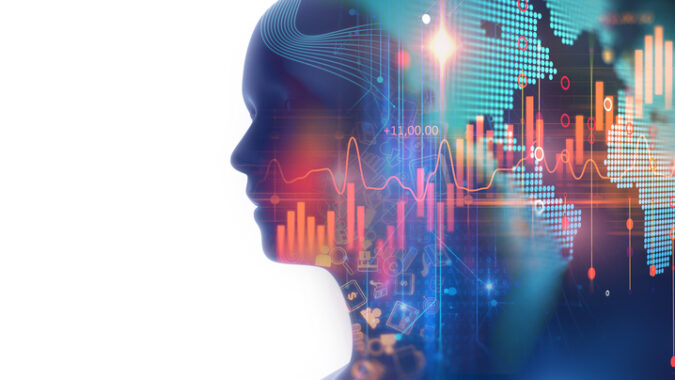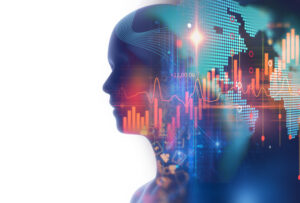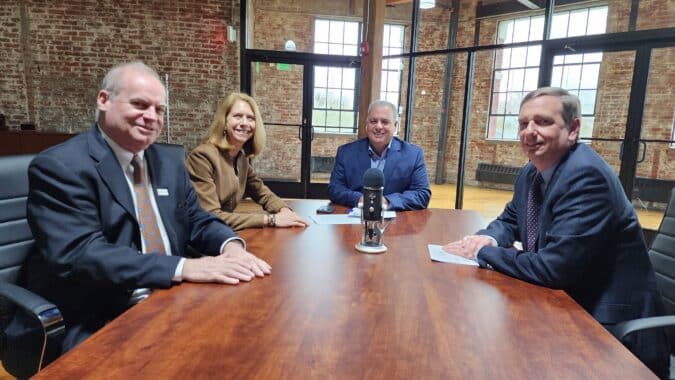Artificial intelligence is positioning itself as the transformative technology of the century, according to John Hitch at Industry Week. The speed at which it is improving manufacturing operations leaves the industry with two options: embrace the machines or get left behind.
Artificial intelligence’s role can easily be seen in celebrated physicist Stephen Hawking. While he will be most remembered for his contributions to cosmology and quantum mechanics, he was, in his own way, a pioneer in artificial intelligence.
“Hawking had ALS for 55 of his 76 years, a disease which stripped him of his mobility in the late ’60s and of his ability to talk in 1985,” Hitch writes. “The theoretical physicist and professor relied on a computer to speak for him, slowly translating typed words into a tinny, mechanical voice. As Hawking lost more of his motor functions, his text-to-speech system evolved with word-prediction algorithms and controls based on facial movements — and later brain waves. This allowed arguably the greatest mind in the world to more quickly and efficiently express his thoughts.”
Learn more about A.I. at NJBIA’s
The Internet of Things – Transforming Your Business, April 20
Hitch argues that Hawking’s example is a lesson for manufacturers: adopt A.I. or die.
Because we are at the forefront of A.I.’s contribution to manufacturing, it has the potential to dramatically increase operational time, accuracy and quality well beyond those achieved with systems like kaizen and lean manufacturing.
Manufacturers should understand that A.I. is not about replacing people’s jobs but helping your workers to perform better. For the foreseeable future, A.I. is going to need human oversight.
“The dawn is just breaking in this fourth industrial revolution,” Hitch writes.


